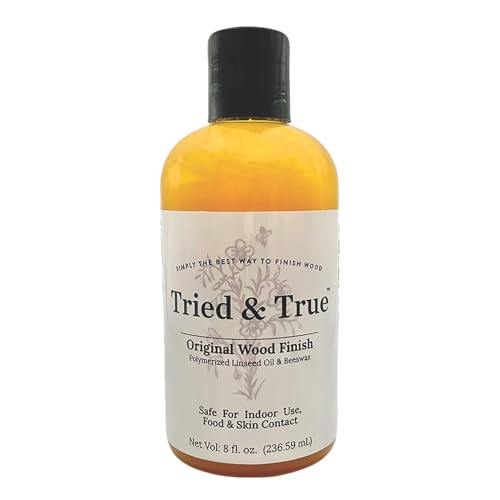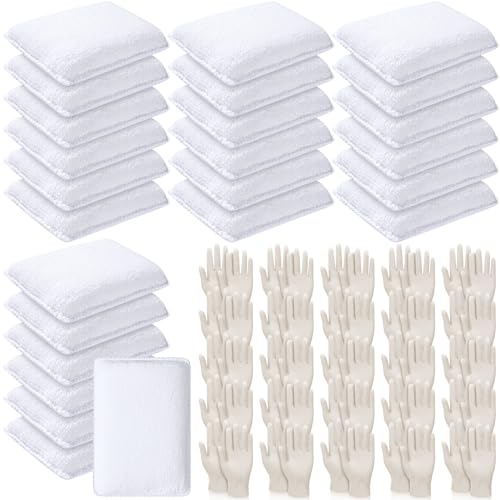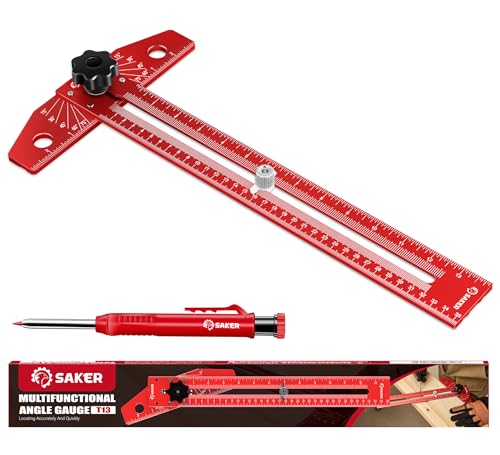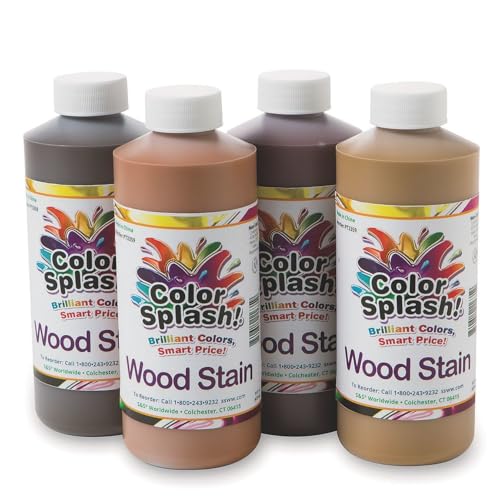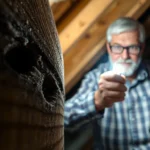Imagine a material that’s as versatile as it is beautiful, offering strength, durability, and a touch of elegance to any project. Eucalyptus wood is exactly that—a hidden gem in the industry of timber. Whether you’re crafting furniture, flooring, or outdoor structures, this wood stands out with its unique blend of functionality and aesthetic appeal.
You might be surprised to learn just how many remarkable qualities eucalyptus wood brings to the table. From its impressive hardness to its natural resistance to decay, it’s a sustainable and cost-effective choice for countless applications. If you’re looking for a material that combines style, performance, and eco-friendliness, eucalyptus wood might just be your perfect match.
Overview Of Eucalyptus Wood
Known for its combination of durability and aesthetic appeal, eucalyptus wood serves diverse purposes. Its sustainable nature enhances its value for both functional and decorative applications.
Origin And Distribution
Eucalyptus trees are native to Australia, but their cultivation extends globally. Countries like Brazil, India, and South Africa have important eucalyptus plantations. These trees thrive in various climates, from temperate to subtropical regions, making them adaptable. Fast growth rates and efficient wood production contribute to their prominence as a resource.
Popularity And Significance
The popularity of eucalyptus wood stems from its strength and versatility. Many industries use it for furniture, flooring, and tool handles due to its hardness. Its natural resistance to decay and pests reduces maintenance needs, making it reliable for indoor and outdoor use. As it’s sourced from fast-growing plantations, eucalyptus plays a key role in sustainable forestry, helping meet demand without depleting resources.
Properties Of Eucalyptus Wood
Eucalyptus wood stands out for its strength, durability, and ecological benefits. Its distinct characteristics make it suitable for an array of applications, including construction and design.
Physical Properties
The wood features a medium to coarse texture with a straight to interlocked grain pattern. Its heartwood displays a reddish-brown to light pinkish hue, offering a warm and rich appearance. Eucalyptus wood has a high density, averaging around 600 to 900 kg/m³, making it heavier and stronger than many other hardwoods. It has minimal knots, ensuring a smooth surface ideal for polished finishes. Due to its hardness, eucalyptus resists scratches, dents, and wear effectively.
Mechanical Properties
Eucalyptus exhibits excellent strength properties, often outperforming traditional hardwoods. Its modulus of elasticity ranges from 10 to 16 GPa, indicating impressive stiffness. The wood has high compressive and bending strengths, making it suitable for heavy-duty applications like construction beams. With a Janka hardness rating often ranging from 1,350 to 3,000 lbf, depending on the species, it accommodates heavy loads and handles important stress. Its low shrinkage rates ensure structural stability, even under varying environmental conditions.
Durability And Lifespan
This wood naturally resists decay, insects, and fungal attacks, improving its durability outdoors. High oil content in certain species provides additional protection against environmental elements. If maintained properly in harsh climates, eucalyptus wood structures can last for decades. Its lifespan adds value for projects requiring longevity, such as decking or furniture for external use.
Characteristics Of Eucalyptus Wood
Eucalyptus wood stands out for its striking appearance, robust density, and versatile workability. It’s a material that meets both practical and aesthetic demands across various applications.
Appearance And Texture
Eucalyptus wood displays a warm color palette ranging from light pink to deep reddish-brown. Its medium to coarse texture adds visual interest, while the grain often appears straight or slightly interlocked. You might notice minimal knots, creating smoother surfaces ideal for furniture or flooring. Polished finishes enhance its natural luster, emphasizing its rich, unique hues.
Density And Hardness
The wood’s density measures between 600 and 900 kg per cubic meter, making it denser than many hardwoods. Its hardness varies by species, with Janka ratings from 1,350 to 3,000 lbf. This strength ensures resistance to wear and impact, making it suitable for heavy-use applications like decking or structural beams. Its robustness, combined with its weight, demonstrates durability over long periods.
Workability And Maintenance
You can shape eucalyptus wood effectively, but its hardness might require tools with carbide-tipped blades. Pre-drilling is essential for nails and screws in dense varieties to prevent splitting. Regular oil treatments enhance its natural decay resistance and maintain outdoor durability. Cleaning involves mild soap and water, while sealing every few years extends its lifespan in demanding environments.
Uses Of Eucalyptus Wood
Eucalyptus wood demonstrates exceptional versatility, making it essential for a broad range of applications. Its strength, durability, and visual appeal position it as a popular choice across various industries.
Furniture And Flooring
Many furniture pieces use eucalyptus wood due to its strength and smooth surface. Chairs, tables, and cabinets crafted from eucalyptus showcase a rich reddish-brown or pinkish hue, adding warmth to interior spaces. For flooring, its hardness, with a Janka rating up to 3,000 lbf, supports heavy foot traffic. Minimal knots provide a seamless finish that enhances both functionality and aesthetics in homes and offices.
Construction And Framework
Eucalyptus wood serves as a reliable material for constructing durable frameworks. Its high density, which ranges from 600 to 900 kg/m³, delivers structural stability for beams, posts, and decking. The wood’s natural resistance to decay and pests ensures long-term performance, especially in outdoor environments. It frequently appears in bridges, railway sleepers, and utility poles where strength is critical.
Paper And Pulp Industry
Industrial applications transform eucalyptus wood into high-quality pulp for paper production. The fast growth of eucalyptus trees facilitates an efficient and renewable supply for the paper industry. Its fibers yield smooth, strong papers used in packaging, printing, and hygiene products. The sustainability of eucalyptus plantations supports eco-conscious manufacturing practices in this sector.
Environmental And Economic Impact
Eucalyptus wood contributes significantly to both environmental sustainability and economic benefits, making it a favored choice worldwide. Its renewable nature and affordability enhance its value across various applications.
Sustainability And Eco-Friendliness
Eucalyptus trees grow rapidly, often maturing within 7–10 years, ensuring a steady renewable supply. Their fast growth reduces the need for extended cultivation cycles, limiting deforestation pressures. Managed plantations significantly lower the environmental impact compared to unsustainable logging practices. Also, the wood’s high density and durability decrease the demand for replacements, conserving resources over time.
By absorbing substantial amounts of carbon dioxide during their growth, these trees actively combat climate change. Their cultivation in diverse climates, from Brazil to South Africa, further promotes reforestation efforts in degraded lands. When sourced from certified plantations, eucalyptus supports responsible forestry and reduces dependence on slower-growing hardwoods.
Cost-Effectiveness And Availability
Eucalyptus wood stands out as an affordable option due to its efficient growth cycle and high yield per hectare. Its global cultivation ensures consistent availability in the marketplace, even outside native regions. Countries like India and Brazil have extensively invested in eucalyptus plantations, lowering production costs and transportation expenses.
Even though its cost advantage, it maintains premium qualities such as strength and decay resistance, offering excellent value for applications like furniture, flooring, and construction. The combination of wide availability and durable performance positions eucalyptus as a reliable material choice for industries seeking both economic and ecological answers.
Conclusion
Eucalyptus wood offers an impressive blend of strength, beauty, and sustainability, making it a standout choice for various applications. Its durability, natural resistance, and striking appearance ensure it performs well in both functional and decorative roles. Whether you’re crafting furniture, building outdoor structures, or seeking eco-friendly materials, eucalyptus delivers exceptional value. With its fast growth and renewable nature, it supports sustainable practices while maintaining affordability and versatility.







